As a devoted reader, I find the most rewarding books are those that can transport me across time and space and into experiences that push my thinking to a deeper level. A teacher’s passion for curriculum design often comes from the same excitement as the author’sthe opportunity to create a new world of experiences for students that develop their skills and ignite their desire to learn more.
At Belmont Day I am privileged to work with so many dedicated creators of curriculum. Our faculty know that the best curriculum is created in environments where current research is readily available, best practice is embraced, goals and objectives are clear, collaboration is strong, and review and reflection happen regularly. Education is in the midst of great change, and as educators, we are challenged to develop programs that will produce the new skill sets required of the next generation of students. Technology, changing spaces, increased expectations, emotional and social pressures for our students all make the work of reflecting on curriculum imperative.
Throughout the winter and spring the BDS faculty will begin the first stage in our curriculum review work. Dedicating time and resources feeds the creation of the richest experiences for students and we eagerly anticipate the process of designing, refining, and showcasing the BDS curriculum. The Belmont Day School history of collaborative, thoughtful, and innovative curriculum development provides us with a wonderful foundation for the work on which we are embarking. Over the next several months faculty will be engrossed in the review of four curriculum areas: math, PE and athletics, world language, and the arts. In addition, groups of faculty will be working on the details of new programs in the lower and middle schools.
The process of curriculum review is a rigorous one that combines reflecting on our current methods and content, and researching new initiatives, opportunities, and teaching tools. The faculty teams will spend time collecting data and reflecting on national and state standards in each curriculum area. We will also research schools across the country as well as locally. The data collected will inform our decisions about the scope and sequence in each curriculum area from pre-k to eighth grade. Communication about our findings, decisions, and initiatives will be actively shared with the community at the end of each review.
As well as fulfilling the AISNE requirements for best practice, the review keeps us actively engaged in improving our craft and challenging our thinking. As educators we know that students benefit when teachers collaborate, establish common expectations and student outcomes, and when the curriculum continues to be dynamic and inspiring for students, especially when held up to national standards of excellence.
I look forward to facilitating, supporting, and participating in the work of each of our teams as they identify the strengths of the curriculum, find areas for improvement, identify opportunities for professional development, and share their work with you.



